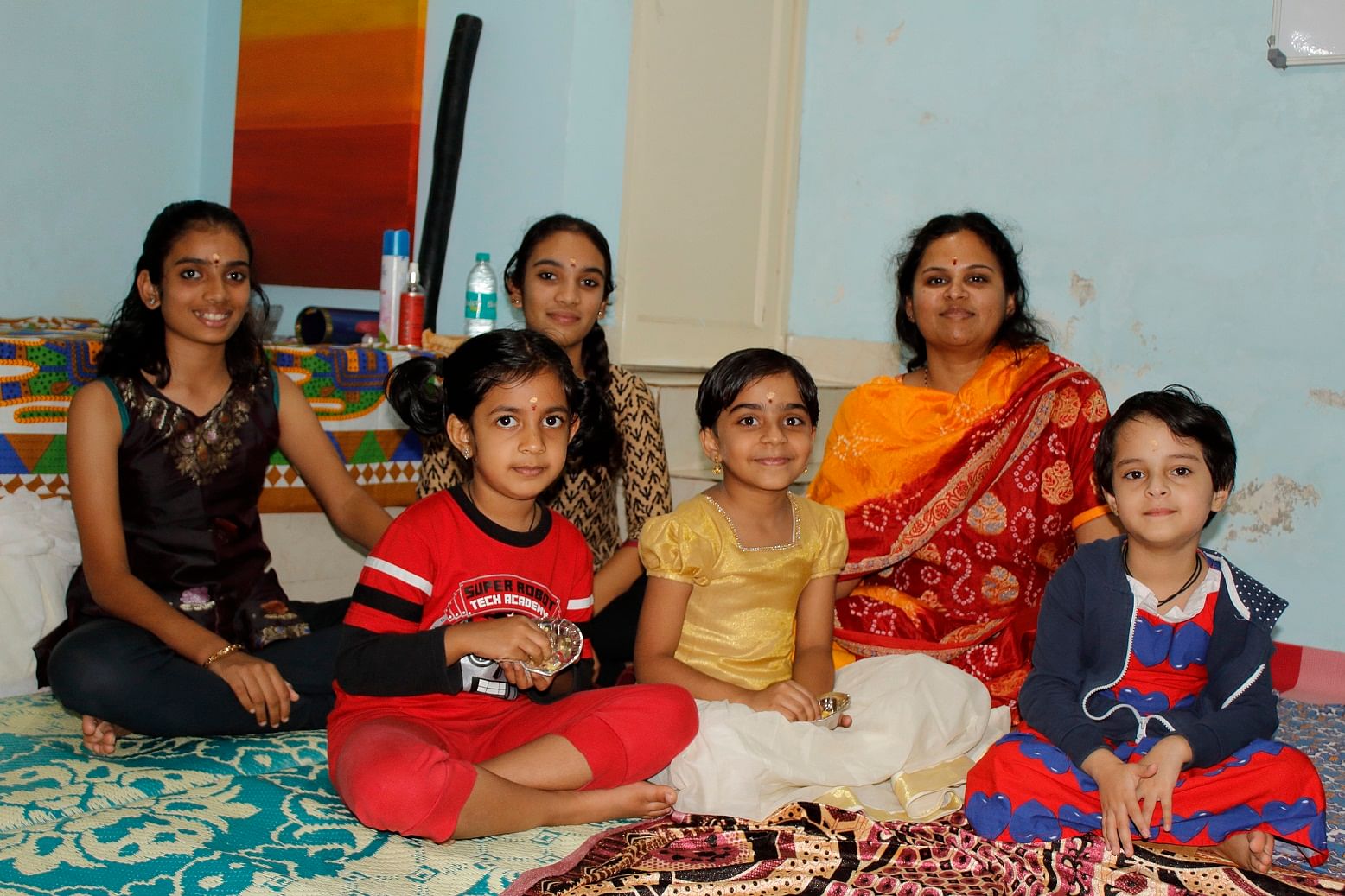
How do music therapists treat patients when musical tastes vary so widely? As they say, one man’s music is another’s noise. Metrolife talks to some therapists to understand how they work.
Happy hormones
Music has the power to regulate our minds. ‘Feel good’ hormones, as we call them, are released when we listen to music of any sort, says Mridula Arvind, music therapist and counselling psychologist, who also conducts music therapy sessions at Innerwaves Institute in GM Palya.
Whether the music is soft or loud, our bodies release hormones such as endorphins, dopamine and serotonin and make us happy and feel alive, she explains.
“I administer all genres of music, from sacred chants and bhajans to pumped-up music, whatever works. Administering psychotherapy with some music also has a positive impact. I ask patients to listen to music pieces which we together decide on,” Mridula says.
Alzheimer’s disease can be treated with music as a therapeutic tool. “Though recent memories fade, earlier memories remain intact. Associating these memories with music actually helps patients relieve stress and develop optimism. Hand gestures in my music classes have proved effective and work as active interaction,” she says.
Classical helps
Meenakshi Ravi, musician and psychologist, employs Carnatic music at her Meera Music Centre in Katriguppe.
“We have people from all backgrounds coming to our institute. Most listen to keertanas and devaranamas. I use classical elements and help children manage anxiety, depression, anger, attention deficit, hyperactivity and learning difficulties,” she says.
Devaranamas are Kannada compositions by saint-poets such as Purandaradasa and Kanakadasa. Their wise words provide succour to those in difficult circumstances.
“Carnatic music has the power to create pathways in the brain and work on the nervous system. Improved ability to focus and remain calm helps in children with hyperactivity disorders,” says Geetha Bhat, child psychologist and music therapist, Hamsakutira Foundation.
What it treats
Music therapy is used to treat autism, cancer, Down’s syndrome, cerebral palsy, memory disorders like Alzheimer’s disease, and learning disabilities.
Aim is healing, not virtuosity
The objective of music therapy is not to enrich music skills but to heal. Breaking down a musical composition into simpler lines and teaching verbal and non-verbal responses to its structure helps in healing, says therapist Geetha Bhat.
Therapy centres
Hamsakutira, Malleswaram
98440 39645
Meera Music Centre, Kathriguppe
95350 55252
Innerwaves, GM Palya
74068 00088